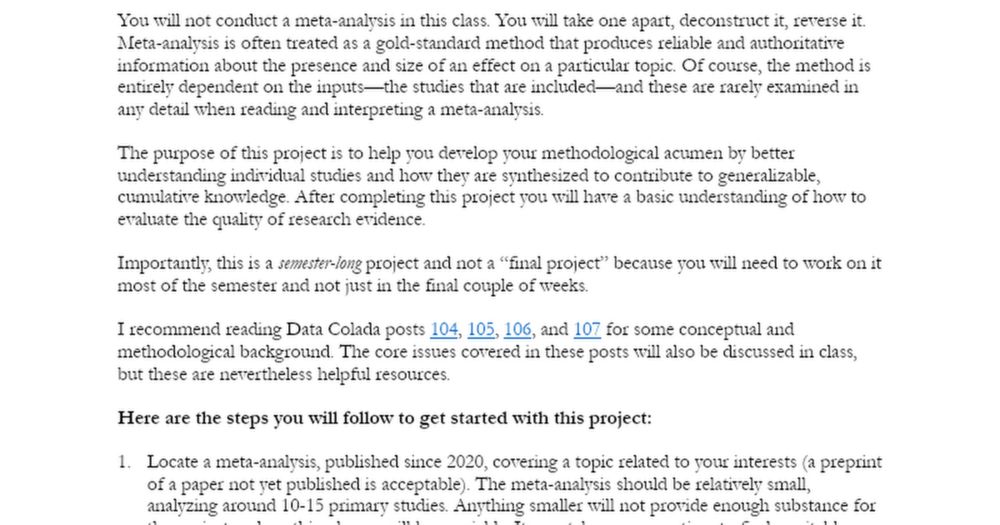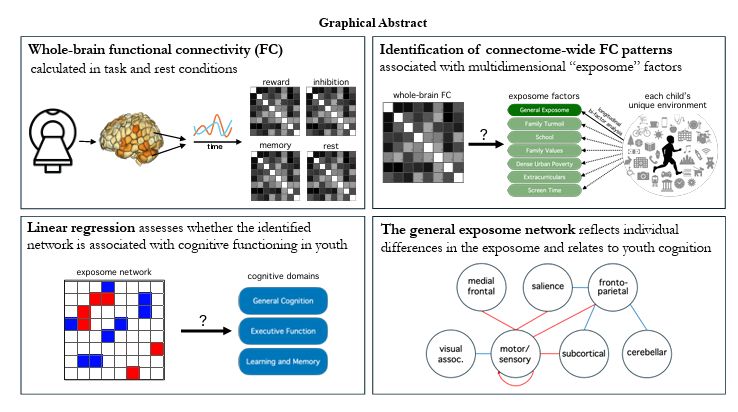
We propose a gradual engagement ladder 📈: Start small → build/lead communities.
💡 Remember: You can engage in community at any time! *(2/4)
@pandmlabhku.bsky.social
@jingwenfrancesjin.bsky.social
@hcp4715.bsky.social
@pandmlabhku.bsky.social
@jingwenfrancesjin.bsky.social
@hcp4715.bsky.social



Recent numerical advances cracked the scalability barrier. Voxel-level hierarchical modeling is now feasible, revealing just how punishing traditional multiple-comparison adjustments really are.
arxiv.org/abs/2511.12825

Recent numerical advances cracked the scalability barrier. Voxel-level hierarchical modeling is now feasible, revealing just how punishing traditional multiple-comparison adjustments really are.
arxiv.org/abs/2511.12825
With current technology, it is impossible to tell whether survey respondents are real or bots. Among other things, makes it easy for bad actors to manipulate outcomes. No good news here for the future of online-based survey research

Kou will give a seminar talk on how gaining knowledge can reinforce and sustain interest over time. We will also discuss our Matariki collaboration.
🕰️ Friday 21 Nov @1PM UK time
DM/email me for the Teams link!

Kou will give a seminar talk on how gaining knowledge can reinforce and sustain interest over time. We will also discuss our Matariki collaboration.
🕰️ Friday 21 Nov @1PM UK time
DM/email me for the Teams link!


Computational modeling of error patterns during reward-based learning show evidence that habit learning (value free!) supplements working memory in 7 human data sets.
rdcu.be/eQjLN

Computational modeling of error patterns during reward-based learning show evidence that habit learning (value free!) supplements working memory in 7 human data sets.
rdcu.be/eQjLN

@tomhardwicke.bsky.social
@tomhardwicke.bsky.social
www.nature.com/articles/s44...

www.nature.com/articles/s44...
My lab’s postdoc Rohit Yadav will present these beautiful MEG results from our novelty bandit at #SFN2025 Sunday 11/16, PSTR094.23 / LL8 (top row: explore vs exploit; bottom: reward vs nonreward)

My lab’s postdoc Rohit Yadav will present these beautiful MEG results from our novelty bandit at #SFN2025 Sunday 11/16, PSTR094.23 / LL8 (top row: explore vs exploit; bottom: reward vs nonreward)

Sharing data does not inherently increase trust, rather it enables verification which allows for trust calibration.
This example is a win. Serious issues were rapidly detected that would not have been without mandatory data sharing.

Sharing data does not inherently increase trust, rather it enables verification which allows for trust calibration.
This example is a win. Serious issues were rapidly detected that would not have been without mandatory data sharing.
link.springer.com/article/10.3...
link.springer.com/article/10.3...

link.springer.com/article/10.3...
link.springer.com/article/10.3...



As a part of this paper, we also created the Transparent Statistical Reporting in Psychology checklist, which researchers can use to improve their statistical reporting practices
www.nature.com/articles/s44...

As a part of this paper, we also created the Transparent Statistical Reporting in Psychology checklist, which researchers can use to improve their statistical reporting practices
www.nature.com/articles/s44...
Many call for diamond open access. A new organisation with many partners, @ojcollective.bsky.social , is launching in January.
www.researchprofessionalnews.com/rr-news-uk-v...

Many call for diamond open access. A new organisation with many partners, @ojcollective.bsky.social , is launching in January.
www.researchprofessionalnews.com/rr-news-uk-v...

Vor 25 Jahren wurde das CEWS gegründet! Dies nehmen wir zum Anlass, das Archiv zu öffnen und mit der Reihe #25Jahre25Highlights in den nächsten Wochen 25 Highlights aus 2,5 Jahrzehnten sichtbar zu machen.
✨ Diese Woche im Fokus: Dialog zwischen Praxis und Wissenschaft
1/6

Vor 25 Jahren wurde das CEWS gegründet! Dies nehmen wir zum Anlass, das Archiv zu öffnen und mit der Reihe #25Jahre25Highlights in den nächsten Wochen 25 Highlights aus 2,5 Jahrzehnten sichtbar zu machen.
✨ Diese Woche im Fokus: Dialog zwischen Praxis und Wissenschaft
1/6


